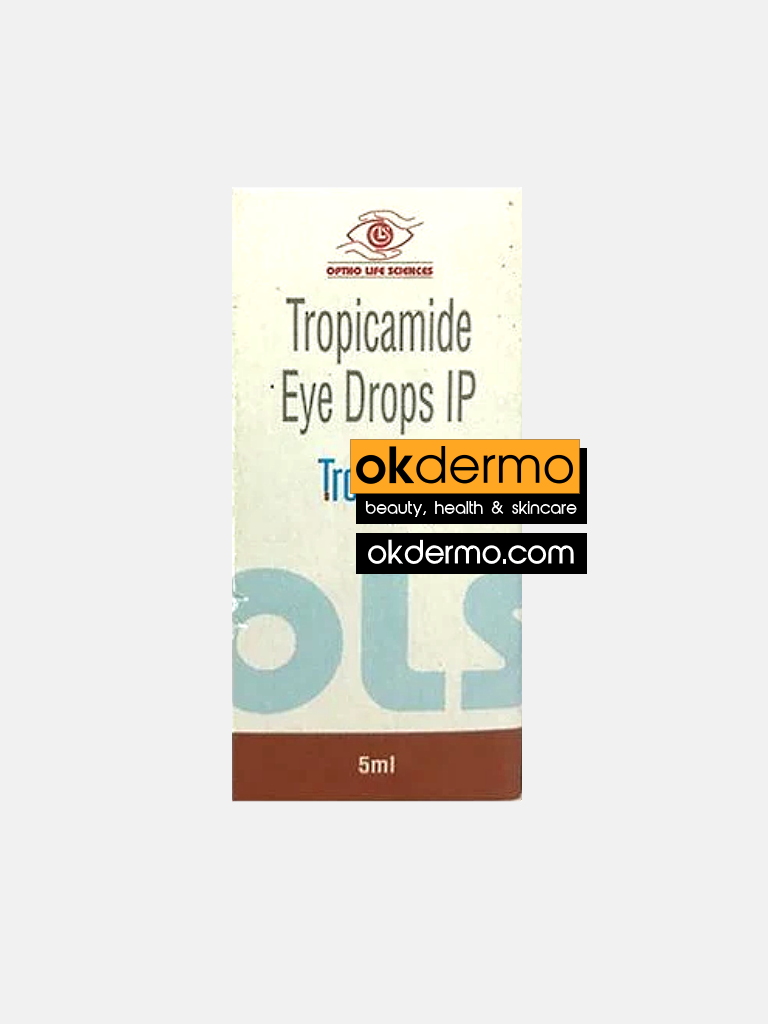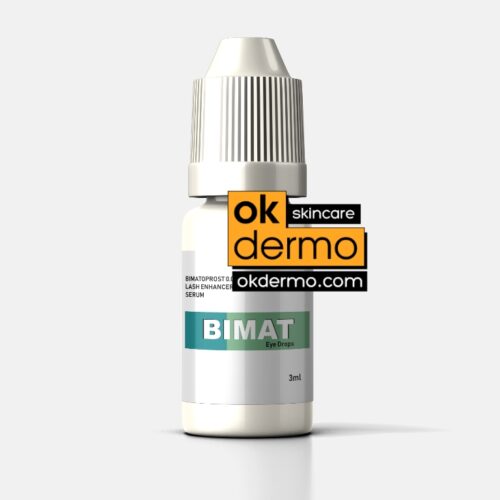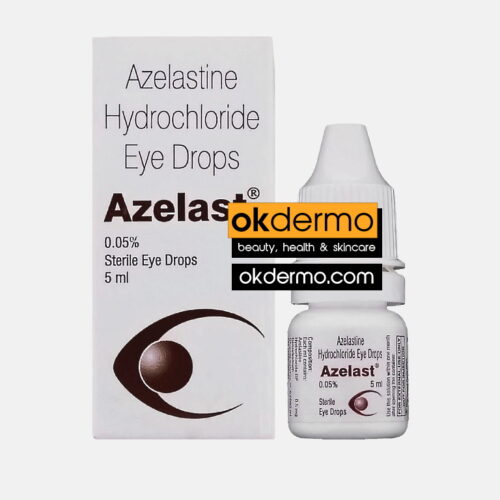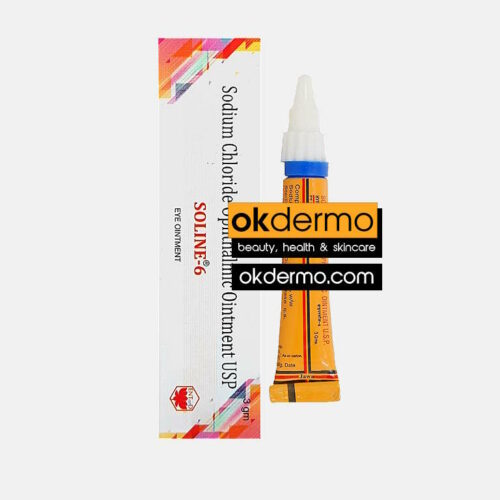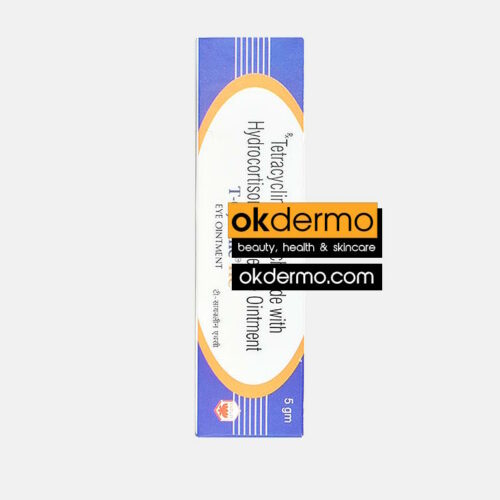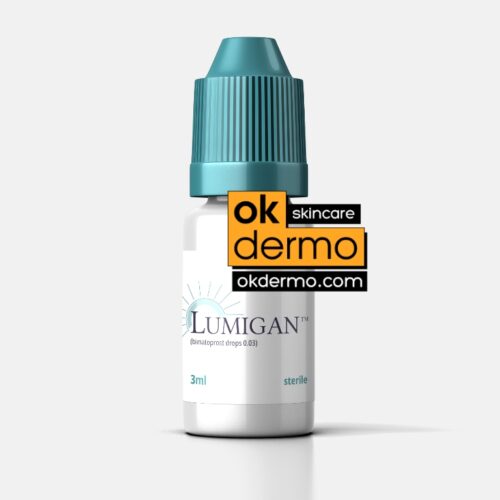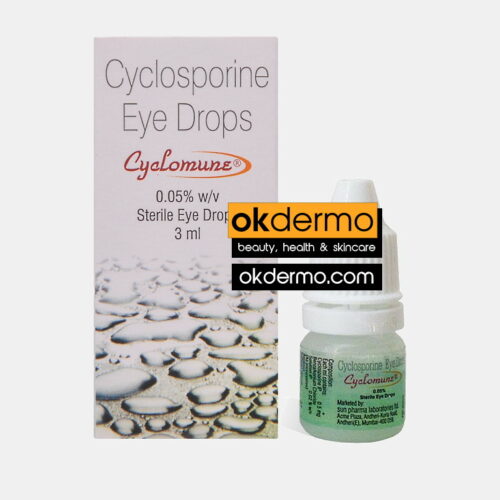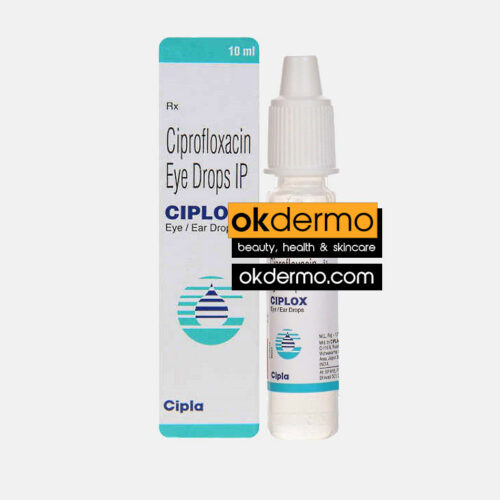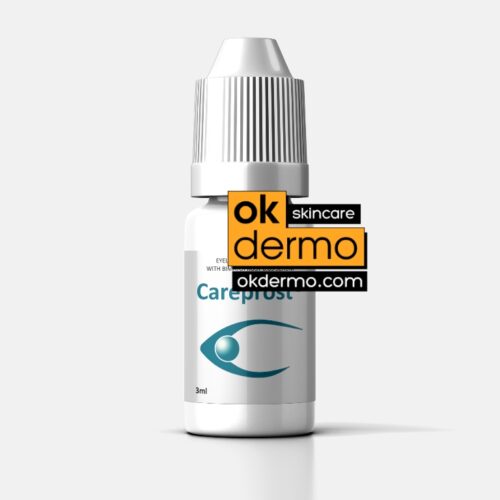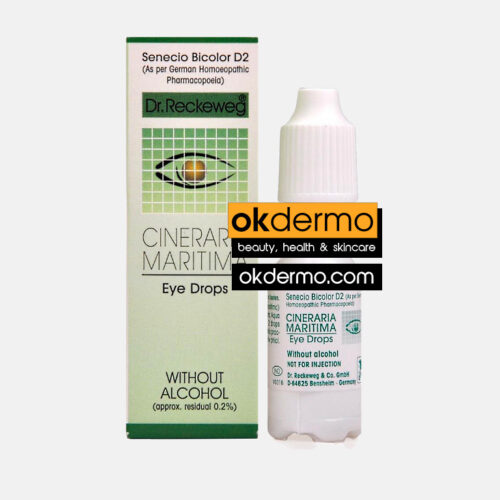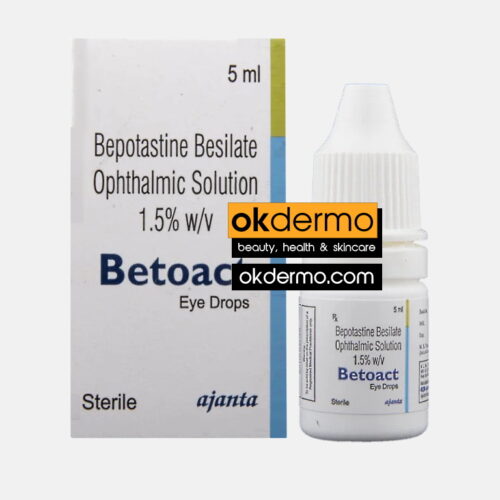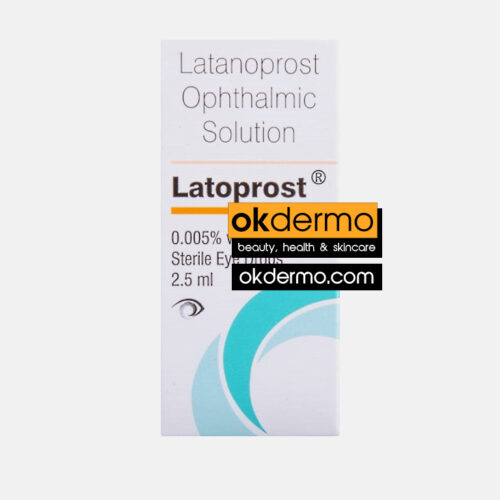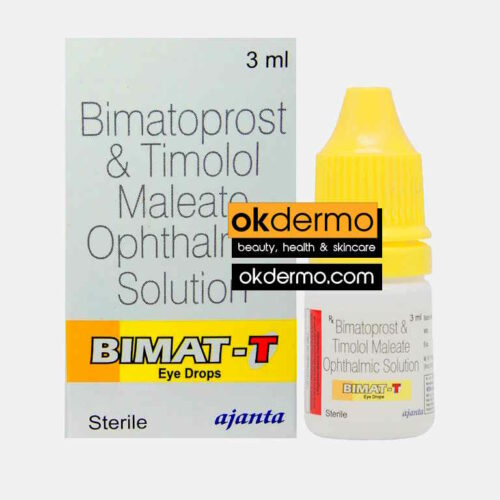Description
What is Tropicamide 1% Eye Drops?
Trophtha® Eye Drops are pupil dilators used for ophthalmic examination. The active compound is tropicamide 1%, an antimuscarinic that produces brief mydriasis. Tropicamide is a mydriatic agent. It expands the pupil size to allow for a thorough examination. The mydriatic effect occurs 20 minutes after application. Complete recovery of cycloplegia takes from 4 to 10 hours.
Trophtha® eyedrops have a rapid onset of action. A pupil dilating activity lasts for a brief and sufficient time for examination followed by a quick recovery. Ophthalmologists and medical doctors use pupil dilating agents for proper examination of the interior structures in eyeballs.
A sufficiently dilated pupil allows display of the lens, vitreous humor, and retina. Macroscopic examination of these structures helps in making the diagnostics of eye diseases such as cataracts and glaucoma.
Tropicamide is also used in surgical procedures of the eye. Wide pupils allow for better visualization of the lens in cataracts surgery or the retina in glaucoma. Pupil dilation is necessary to prevent intraoperative complications.
Tropicamide, sold under the brand name Mydriacyl among others, is a medication used to dilate the pupil and help with the examination of the eye. Specifically, it is used to help examine the back of the eye. It is applied as eye drops. Effects occur within 40 minutes and last for up to a day. Trophtha® Eye Drops is a medicine that helps to increase the size of the pupil of the eye so that eye examinations can be carried out thoroughly. Trophtha® Eye Drops also give relief from eye pain by relaxing the eye muscles. This medication starts to work in minutes, and its effect usually lasts 24 hours or sometimes longer. It is advisable to inform your doctor if you continue to have blurred vision, sensitivity to light, or dilated (increase in size) pupils several days after your examination.
Common side effects include blurry vision, increased intraocular pressure, and sensitivity to light. Another rare but severe side effect is psychosis, particularly in children. It is unclear if use during pregnancy is safe for the baby. Tropicamide is in the antimuscarinic part of the anticholinergic family of medications. It works by making the muscles within the eye unable to respond to nerve signals. Tropicamide was approved for medical use in the United States in 1960. It is on the World Health Organization’s List of Essential Medicines.
Trophtha® Eye Drops is for topical use only. It is generally administered 15-20 minutes prior to an eye examination. Do no self-medicate this medicine at home. Check the label thoroughly for directions before using the medicine.
The use of this medicine may cause temporary blurring of eyes, stinging sensation in the eye, and increased sensitivity to light in some people. However, these are temporary and usually resolve on their own. Let your doctor know if they do not go away or bother you. Do not use the medicine if you have a known allergy to any components of this preparation.
Trophtha® Eye Drops is contraindicated in people with primary glaucoma or a tendency toward glaucoma (e.g., narrow anterior chamber angle). Let your doctor know if you have any such conditions. It is not known whether this medicine is safe for pregnant and breastfeeding women. Let your doctor know if you are pregnant or breastfeeding to make sure it is safe for you and the developing baby.
How to useTropicamide 1% eyedrops
The proper application of mydriatic eyedrops ensures higher efficiency and lessens side effects as well as infection occurrence.
To avoid contamination, keep the part that applies the solution to your eyes (the tip of the eyedrops bottle or an applicator) away from septic surfaces. Avoid touching your eyes, fingers, or skin with the bottle tip.
If you wear contact lenses, remove them before applying the eye drops. The contact lenses may absorb preservatives used in the eyedrops solution.
Start by tilting your head upwards and looking to the ceiling. With your fingers, pull down on your lower eyelid to create a pocket on which you apply the medication drops. Hold the eyedropper as close to your eyes without touching the skin or mucosa surface. Gently squeeze on the bottle. So one drop falls on your inner eyelid.
Avoid forcing your eyes tight shut because the medication will spill out.
Gently close your eyes for one to two minutes. And with your finger, apply gentle pressure on the inner corner of the eye so the solution will not drain to the body. Avoid scrubbing or rubbing your eyes.
Wash your hands after applying this medication, and with a clean tissue, mop the excess solution spilled on your eyelid skin.
If you apply this medication to a child, make sure you do not get it into the child s mouth. Apply gentle pressure on the eye s inner corner to prevent seeping through the lacrimal duct to the body.
Side effects and allergies
Upon application, temporary side effects occur, such as stinging, photophobia (pain when looking at luminous light), eye redness, and blurred vision. These side effects are transient, fading away after the medication effect subsides.
The use of topical or systemic anticholinergic drugs is a&ssociated with rare psychological complications. It may induce central nervous system disturbances resulting in behavioral problems.
The effects of antimuscarinics on the body include headache, dry mouth, high temperature, and decreased heart rate.
Mechanism of action
Tropicamide relaxes the iris muscles responsible for narrowing the pupil holes. It does so by inhibiting the parasympathetic activity on the iris muscles, giving the sympathetic system complete control of the pupil s size.

